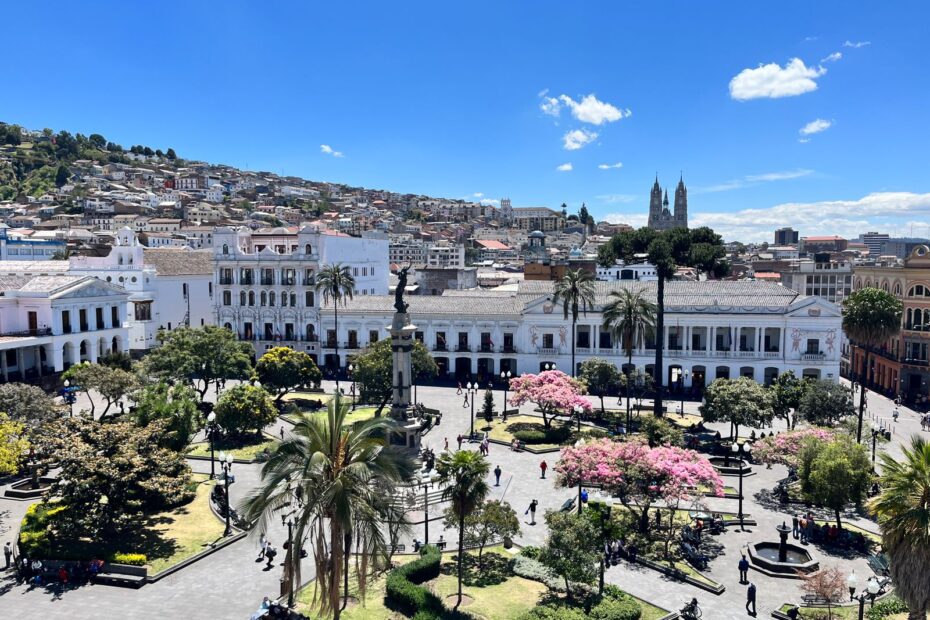Ecuador: Increased Political, Violence Risk
Short-term political risk and political violence risk downgraded.
BY JOLYN DEBUYSSCHER
At the start of the year, the security situation deteriorated considerably in Ecuador. Several prisoners escaped, armed men briefly took over a television channel, and a broad surge in criminal violence took place in the streets.
Although crime groups are known to govern a quarter of the prisons in the Andean country, large-scale violent gang activity beyond prisons is a relatively new development. Criminal gangs have clearly become more violent and influential in Ecuador and political figures have recently come in the crosshairs. 22 official figures have been murdered since last year.
Still, no region is under the rule of non-state armed groups so far, as it is the case in Haiti for example. In January, the recently elected president Daniel Noboa declared war to criminal gangs, but defeating them will be difficult as the recent murder of the mayor of San Vicente illustrates. He is the second mayor killed in a period of eight months.
IMPACT
Since 2017, international gangs (from Mexico to Albania) have been empowering local Ecuadorian gangs to control the lucrative drug trafficking routes in the Andean country. Then, the Covid-19 pandemic deteriorated further the security situation, as increasing poverty made crime an attractive alternative, making local Ecuadorian gangs very sophisticated and powerful.
Battling criminal gangs is a logical step after years of neglecting the problem; nevertheless, violence will not disappear in the blink of an eye. Experience in Central America shows that declared war on criminal gangs can affect the balance of power between gangs and exacerbate gang rivalry. Furthermore, cocaine production is surging and, in combination with elevated drug prices, drug-trafficking will remain a lucrative business that will fuel violence in Ecuador and in other Latin American countries. Hence, due to the deterioration of the security situation, and with no significant improvement in sight, Credendo decided to downgrade Ecuador’s political violence risk rating from 3/7 to 4/7.
DECREASED LIQUIDITY
The liquidity of the country has significantly decreased. After peaking at a historical high of almost three months of import cover in 2020, foreign exchange reserves have been falling over the past year (see graph below). They covered less than one month of import in January 2024, which is slightly below the historical average of 2010-2020.
However, Ecuador is a fully dollarized economy and a current account surplus is in the cards, which mitigates the risks. Another sharp decrease in foreign exchange reserves would nevertheless increase the risk of a liquidity crunch. In this context, Credendo decided to downgrade Ecuador’s ST political risk rating from 4/7 to 5/7.
Jolyn Debuysscher is a Latin America analyst with European credit insurance group Credendo.
Republished with permission.













